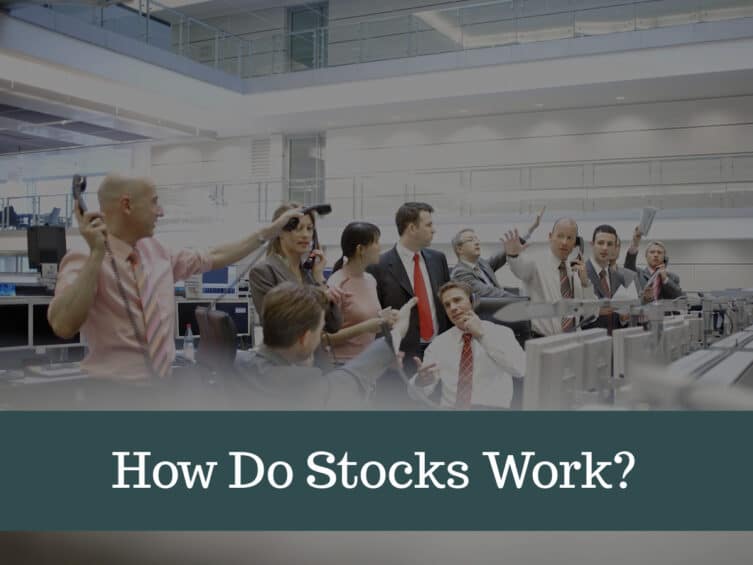All the finance gurus talk about the stock market.
But how do stocks work, exactly?
Understanding and investing in the stock market can be very confusing and intimidating for beginners. In addition, the concept of buying and selling stocks may be difficult for some people who don’t understand what it takes to make money in the stock market.
Not to worry.
We’re here with the insight you need to understand stocks, the market, and a little help on how to get started with stocks and what to expect when you’re investing. Read on to discover more, then contact us to learn how you can make the most of your finances with the Financial Quarterback.
What Are Stocks?
Stocks are financial instruments that represent ownership in a company. In other words, stocks are shares of ownership in a company that can be bought or sold. They are traded publicly and can be purchased and sold on an exchange in the stock market.
Stocks trade at prices determined by supply and demand, with the price rising when demand is high and falling when supply is low. There are, in general, two types of stocks: common stock and preferred stock.

Common stock is the type of stock you can buy and sell on any day at any time through an exchange. Some companies issue preferred stocks, which have a higher claim of assets than a common stockholder in the event of a liquidation.
A preferred stock has both the characteristics of a bond (in that they both pay dividends) and a stock (because their value fluctuates). They are typically purchased by an investor who is looking for income, as they usually pay a dividend.
Wondering which is best for you? An expert financial advisor can walk you through your financial goals and determine which type of stock best suits your needs and expectations.
The Stock Market
A stock market is a place where people can buy and sell stocks in hopes of making a profit. This open market is where shares are traded from one person to another where there is a buyer, seller, or counterparty for every share.
Where do these stocks come from?
Companies typically issue stocks in order to acquire access to more capital that it can get from banks or everyday operations. This additional capital is used for business operations, expansion, and/or additional investments.

How are stocks traded?
The stock is placed on an Exchange which is a secondary market where investors and shareholders can buy and sell with others. Stocks are bought and sold based on their value. They have a price—which is what it costs someone to acquire them—and this price fluctuates, more or less, when people want them.
What are dividends?
Dividends are the portion of the company’s earnings which it distributes to its shareholders. Not all stocks pay dividends. These can be reinvested back into the company in order to purchase more shares or a check can be sent to you in order to spend as you like.
How To Get Started in the Stock Market
You must first evaluate your objectives.
It never hurts to speak with a financial advisor and see how to properly use the stock market to meet those objectives.
Whether you have a lot of money or just a little, there are a number of ways to get involved. An investor can buy individual shares of stock, mutual funds, or exchange-traded funds. This can be done by opening a brokerage account or through your retirement account with your employer.

Sound Complicated?
The stock market is infinitely complex and full of daily evolutions. In addition to being fraught with risks and possibilities, it constantly changes in response to the public’s needs and whims.
Nevertheless, it can offer the chance to grow an investment over time, which makes it worth your while to understand.
Learn More Today With the Financial Quarterback
The stock market is an exciting place to yield a generous return on investment over time, but it’s far from your only option as an investment.
To learn more about the variety of investment opportunities available to you (and which are best for your income, goals, and risk level), consult an expert financial advisor to understand just how to invest your money wisely to yield the maximum return on investment.
Ready to learn more? You’ll also want to check out how to get started with tax-free investments today!

